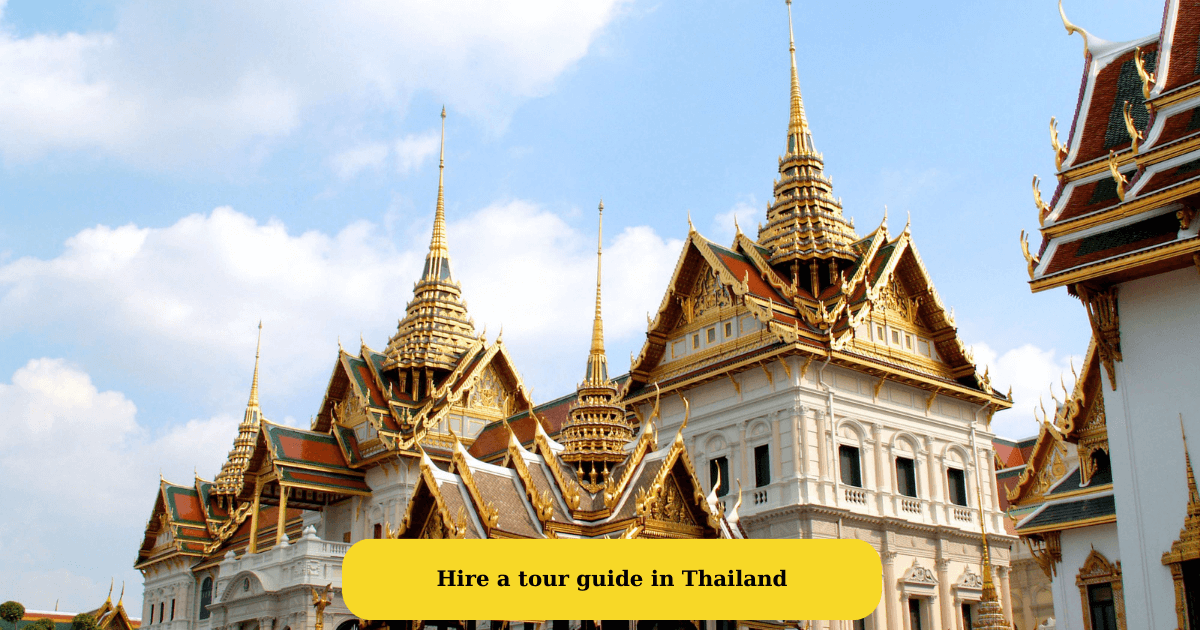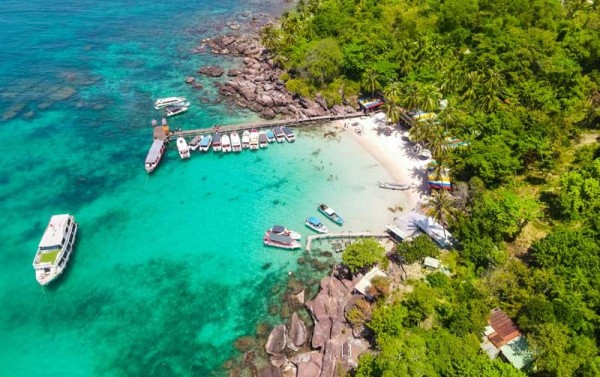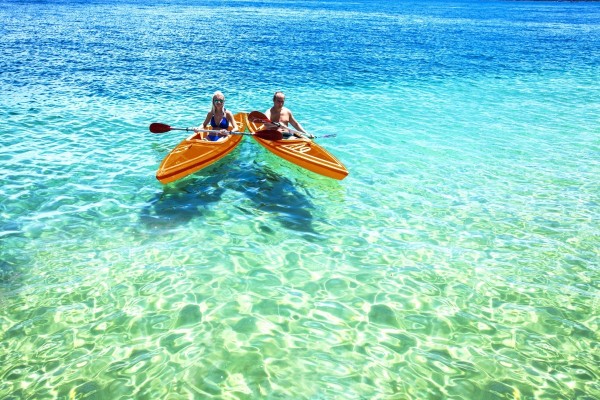In an age of climate change and environmental awareness, eco-tourism guides play a pivotal role in promoting sustainable tourism. Eco-tourism focuses on responsible travel to natural areas, where the goals are to conserve the environment, respect local communities, and inspire travelers to engage in eco-friendly travel practices. This article explores the benefits of eco-tourism, the role of eco-tourism guides, and how travelers can make a positive impact through responsible travel choices.
What is Eco-Tourism?
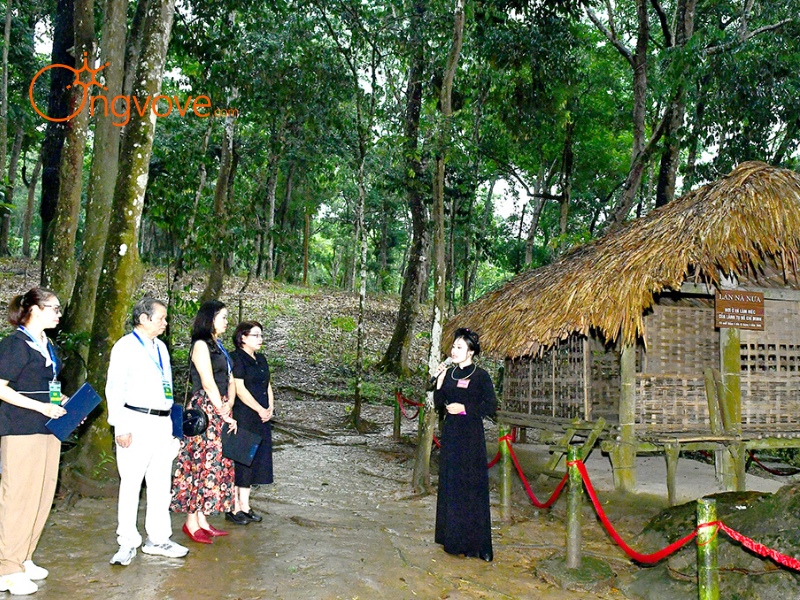
Eco-tourism is a type of travel designed to minimize environmental impact and contribute positively to local communities. This form of travel emphasizes sustainable development, conservation, and community-based tourism. By choosing eco-tourism, travelers help support wildlife conservation, biodiversity preservation, and the livelihoods of local and indigenous communities.
Eco-tourism differs from traditional tourism by focusing on ethical tourism practices that protect natural resources and cultural heritage. It’s about connecting with nature and respecting the places we visit rather than just exploring or consuming them.
The Role of Eco-Tourism Guides

An eco-tourism guide is essential in educating travelers and promoting sustainable practices during a tour. Here’s what makes these guides unique:
- Environmental Knowledge: Eco-tourism guides understand the local environment, biodiversity, and conservation needs. They provide travelers with insights into local ecosystems, rare species, and environmental challenges.
- Respectful Engagement with Local Communities: They encourage interactions with local communities and indigenous cultures in a way that respects traditions and livelihoods. Cultural exchange is a core aspect, where travelers learn and contribute meaningfully to the communities they visit.
- Promoting Sustainable Practices: Guides reinforce eco-friendly travel habits, such as minimizing waste, reducing carbon footprints, and respecting wildlife habitats. They lead by example and often suggest sustainable options for transportation, accommodations, and activities.
- Education and Awareness: An eco-tourism guide emphasizes environmental protection and educates travelers about climate change impacts. They explain the importance of preserving nature and inspire travelers to become advocates for sustainability.
Key Activities in Eco-Tourism
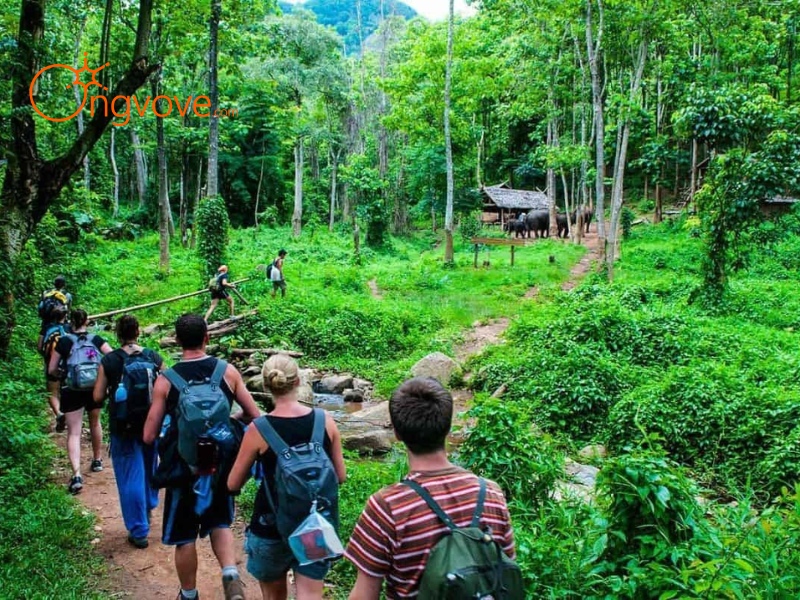
Eco-tourism is an immersive experience, and many activities are nature-based and require little to no environmental disruption. Common eco-tourism activities include:
- Wildlife Tourism: Guided safaris, birdwatching, and wildlife photography are popular options. These activities are typically conducted with strict rules to avoid disturbing wildlife, ensuring that habitats remain untouched.
- Adventure Tourism: Hiking, trekking, kayaking, snorkeling, and scuba diving allow travelers to explore natural landscapes. Eco-tourism guides emphasize “leave no trace” practices, ensuring minimal environmental impact.
- Cultural and Community-Based Tourism: Involves learning from local communities and indigenous cultures through authentic exchanges. It supports fair trade principles, allowing communities to benefit from tourism income without sacrificing their cultural identity.
- Volunteer Tourism: Travelers can participate in conservation projects, wildlife rehabilitation, and community development initiatives. These activities benefit local ecosystems and often involve sustainable development projects.
Benefits of Eco-Tourism
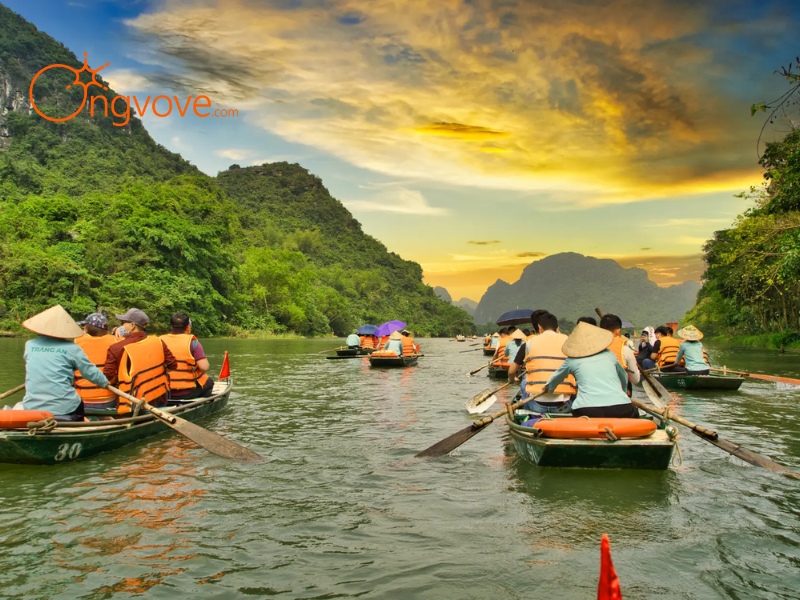
Eco-tourism benefits both the environment and the communities involved. Here are some key advantages:
- Biodiversity Conservation: Eco-tourism helps protect endangered species and sensitive ecosystems by generating income for conservation efforts.
- Economic Growth for Local Communities: Sustainable tourism brings employment and income to communities, enabling them to sustain their natural and cultural resources.
- Environmental Protection: By choosing eco-tourism, travelers help protect areas vulnerable to exploitation, such as forests, wetlands, and coral reefs. Revenue from eco-tourism often funds environmental protection initiatives.
- Reduced Carbon Footprint: Eco-tourism promotes carbon footprint reduction by advocating for sustainable transportation and eco-friendly accommodations.
Choosing Eco-Friendly Accommodations and Transportation
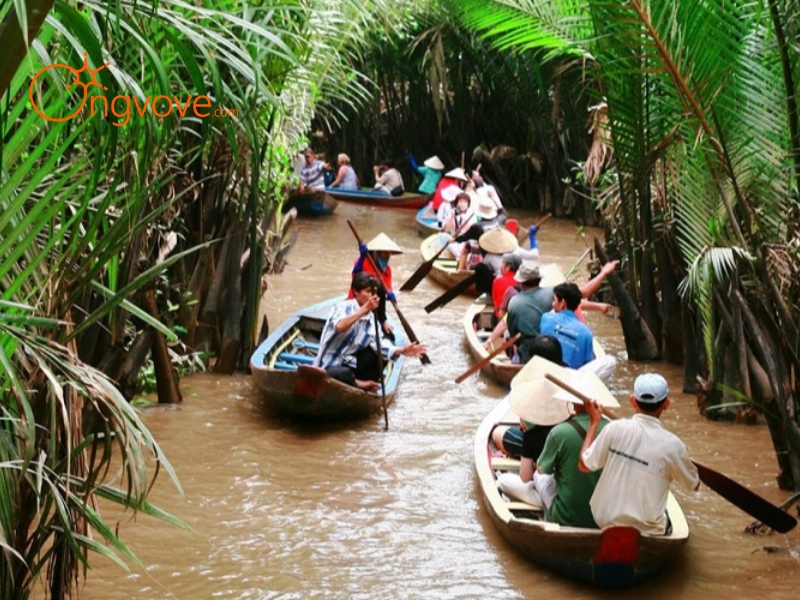
When booking a trip with an eco-tourism guide, consider accommodations and transport options that align with sustainable practices.
- Eco-Friendly Accommodations: Look for hotels or lodges that implement green travel practices, like renewable energy, water conservation, and waste reduction. Some eco-friendly accommodations also provide locally sourced organic food and minimize plastic use, promoting plastic-free travel.
- Sustainable Transportation: Eco-tourism guides may recommend low-emission transport options, such as electric vehicles, bikes, or public transit. Sustainable transportation minimizes carbon emissions and supports the local environment.
Tips for Travelers: How to Practice Eco-Tourism

If you’re interested in eco-tourism, here are practical tips for a more sustainable and impactful travel experience:
- Choose Ethical Tour Operators: Look for certified eco-tourism companies or eco-tourism guides that prioritize conservation and ethical practices. Certifications like Green Globe or Rainforest Alliance indicate responsible practices.
- Minimize Waste: Practice zero-waste travel by using reusable water bottles, bags, and utensils. Avoid single-use plastics and dispose of waste responsibly, especially in natural areas.
- Support Local Economy: Purchase locally made products, such as local crafts and fair trade items, and eat at local restaurants to support the economy without exploiting resources.
- Practice Slow and Mindful Travel: Instead of rushing from one destination to another, embrace slow travel. Spend more time in each location, immerse yourself in the culture, and minimize transport-related emissions.
- Respect Wildlife and Natural Habitats: Avoid activities that exploit animals or damage habitats. When on wildlife tourism adventures, follow your guide’s instructions on how to observe animals from a safe and respectful distance.
Popular Eco-Tourism Destinations

Eco-tourism is possible worldwide, with many destinations offering unique ecosystems and biodiversity. Some popular eco-tourism destinations include:
- Costa Rica: Known for its rainforests, wildlife, and eco-lodges, Costa Rica is a top choice for eco-tourists. Visitors can enjoy nature-based tourism activities like birdwatching, hiking, and visiting sustainable coffee farms.
- New Zealand: Famous for stunning landscapes, New Zealand offers eco-friendly tours, from glacier hikes to marine reserves. The country’s strong conservation efforts make it a great destination for wildlife conservation experiences.
- Galápagos Islands: With unique wildlife and strict environmental regulations, the Galápagos is ideal for travelers interested in wildlife preservation. Eco-tourism guides here ensure sustainable travel practices, protecting the islands’ delicate ecosystem.
- Norway: Norway’s eco-tourism includes scenic fjords, northern lights tours, and whale watching, all conducted with environmental care. The country’s focus on sustainable development makes it a leader in eco-tourism.
- Bhutan: Bhutan’s “Gross National Happiness” approach includes strong environmental preservation policies. Visitors can engage in cultural tourism and eco-friendly travel within the Himalayas.
Price list for eco-tourism guides
Here’s a sample price list for eco-tourism guides, categorized by activity type and length of tour. Prices depend on location, level of service, and expertise of the guide, so these are general ranges to help with budgeting for an eco-friendly adventure.
1. Wildlife and Nature Tours
- Half-Day Wildlife Tour (4 hours): $50 - $150
- Full-Day Wildlife Safari: $150 - $300
- Multi-Day Wildlife Expedition: $500 - $1,500
Perfect for travelers interested in eco-friendly wildlife photography, birdwatching, or observing rare species with minimal environmental impact.
2. Adventure Eco-Tours (Hiking, Kayaking, Snorkeling)
- Half-Day Adventure Tour: $70 - $150
- Full-Day Adventure Tour: $150 - $300
- Multi-Day Adventure Package: $400 - $1,200
Includes eco-friendly hiking, snorkeling, or kayaking led by guides who emphasize “leave no trace” practices and respect for wildlife and habitats.
3. Cultural and Community-Based Tours
- Cultural Immersion Tour (Half-Day): $80 - $200
- Full-Day Community and Cultural Tour: $150 - $300
- Weekend Cultural Exchange Package: $300 - $700
These tours provide authentic experiences, like learning about indigenous cultures and supporting local crafts and food production.
4. Eco-Friendly Camping and Trekking
- Half-Day Trek with Eco-Friendly Practices: $50 - $120
- Full-Day Camping Experience: $100 - $200
- Multi-Day Sustainable Camping and Trekking: $400 - $1,000
Great for outdoor lovers looking for responsible camping and trekking trips. Guides focus on conservation and zero-waste practices.
5. Volunteer and Conservation Tourism
- Half-Day Conservation Project Tour: $50 - $100
- Full-Day Volunteer Conservation Experience: $100 - $250
- Multi-Day Conservation Program: $300 - $1,000
For travelers looking to engage directly in conservation, volunteer tourism offers a meaningful way to help with local conservation efforts.
6. Luxury Eco-Tourism Experiences
- Half-Day Private Eco-Luxury Tour: $200 - $400
- Full-Day Luxury Eco-Experience: $400 - $800
- Multi-Day Eco-Luxury Tour Package: $1,000 - $3,000+
Provides eco-friendly accommodations, private transportation, and exclusive access to preserved areas, all arranged with minimal environmental impact.
Notes
- Additional Costs: Prices may increase if additional services (e.g., transportation, eco-friendly equipment rental) are required.
- Group Discounts: Rates often vary depending on the group size, with discounts for larger groups or family packages.
- Destination-Specific Pricing: Rates fluctuate based on the destination's infrastructure, cost of living, and environmental guidelines, with higher costs in remote or protected areas.
This price list helps in planning eco-tourism activities that align with both your budget and environmental values, offering options from budget-friendly adventures to luxurious, sustainable travel experiences.
Future of Eco-Tourism: Mindful and Ethical Travel
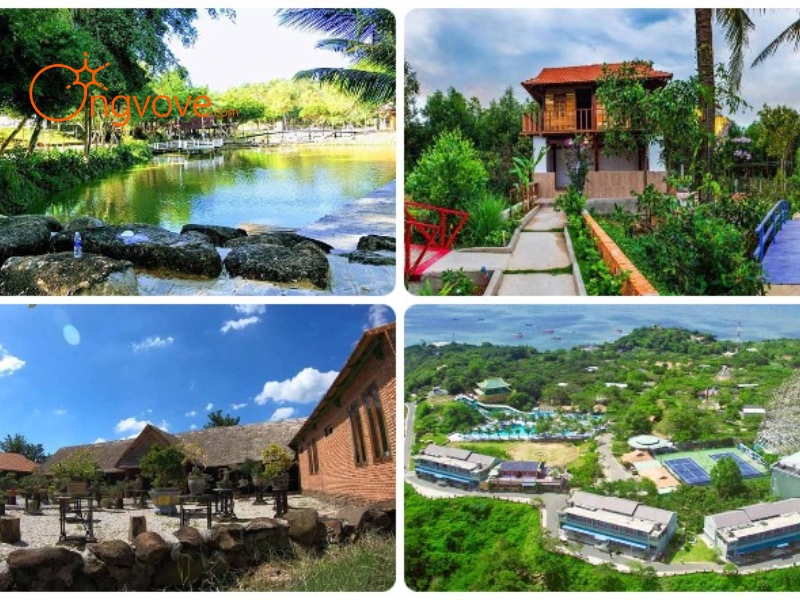
As eco-tourism gains popularity, travelers and tour operators are becoming more conscious of their impact. Mindful travel encourages people to reflect on their travel choices and prioritize eco-friendly actions. With the rise of plastic-free travel, zero-waste travel, and carbon footprint reduction efforts, eco-tourism is evolving into a powerful force for environmental and social change.
Eco-tourism guides play a critical role in leading this movement. By educating travelers on sustainable practices and promoting responsible tourism, these guides help to protect the very places that make travel so inspiring. Through community-based tourism and respectful interactions with indigenous cultures, eco-tourism fosters a new era of global awareness and respect for our planet.
Hire an eco-tourism guide on the Ong Vo Ve Travel Platform
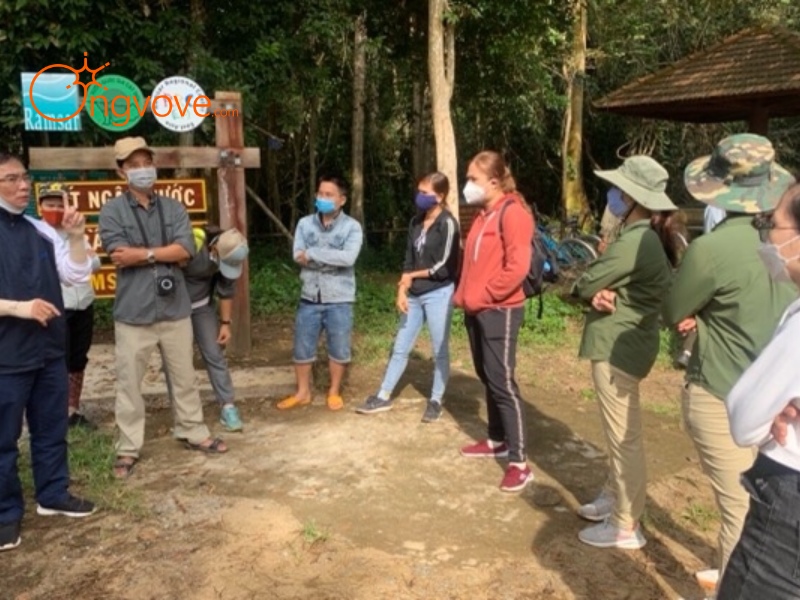
To hire an eco-tourism guide on the Ong Vo Ve Travel Platform, follow these steps to find a knowledgeable guide for a sustainable travel experience:
- Visit the Ong Vo Ve Platform: Start by navigating to the official website or app of Ong Vo Ve Travel.
- Search for Eco-Tourism Guides: Use filters like "eco-tourism," "sustainable travel," or specific activities (e.g., wildlife tours, community-based experiences) to refine your search.
- Review Guide Profiles: Each guide’s profile includes information on their eco-tourism expertise, conservation practices, languages, and past traveler reviews.
- Check Availability: Confirm the guide’s availability for your travel dates and any required group accommodations.
- Book and Confirm Tour Details: After selecting your guide, finalize the booking and confirm details such as destination, activities, and any special requirements (e.g., eco-friendly transportation, plastic-free amenities).
- Receive Itinerary and Preparations: Once booked, the guide will usually provide a detailed eco-friendly itinerary, including tips for minimizing environmental impact.
Hiring an eco-tourism guide on Ong Vo Ve Travel allows you to experience natural and cultural sites responsibly while supporting conservation and local communities.
Conclusion
Choosing an eco-tourism guide transforms travel into a meaningful experience that goes beyond sight-seeing. It’s a way to explore the world while protecting it, supporting local communities, and learning from nature. As you plan your next trip, consider the principles of eco-tourism: respect, responsibility, and sustainability. This way, every journey leaves a positive mark on the world.
Embrace the beauty of eco-friendly travel and discover the rewards of a sustainable journey. Whether it’s hiking through ancient forests, volunteering in a conservation project, or simply choosing an eco-friendly accommodation, your actions contribute to a healthier planet and a richer travel experience.
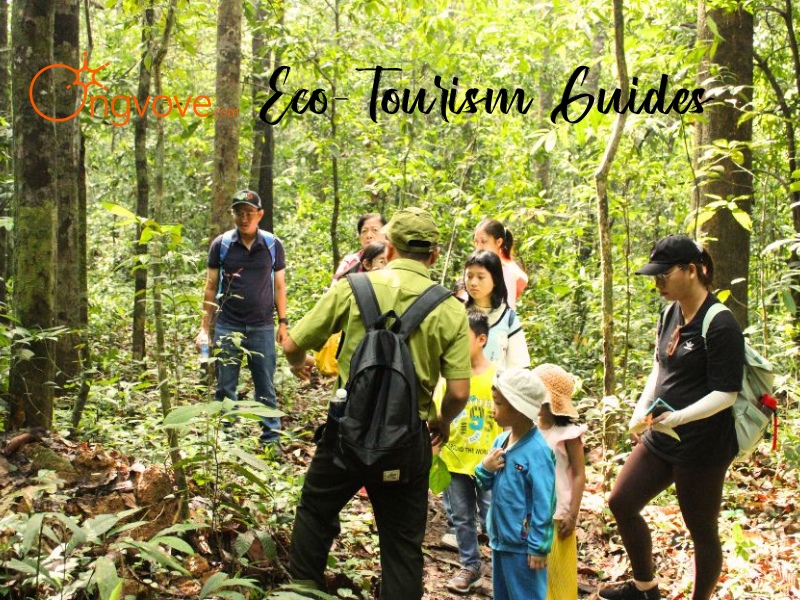










 Đọc tiếp
Đọc tiếp


